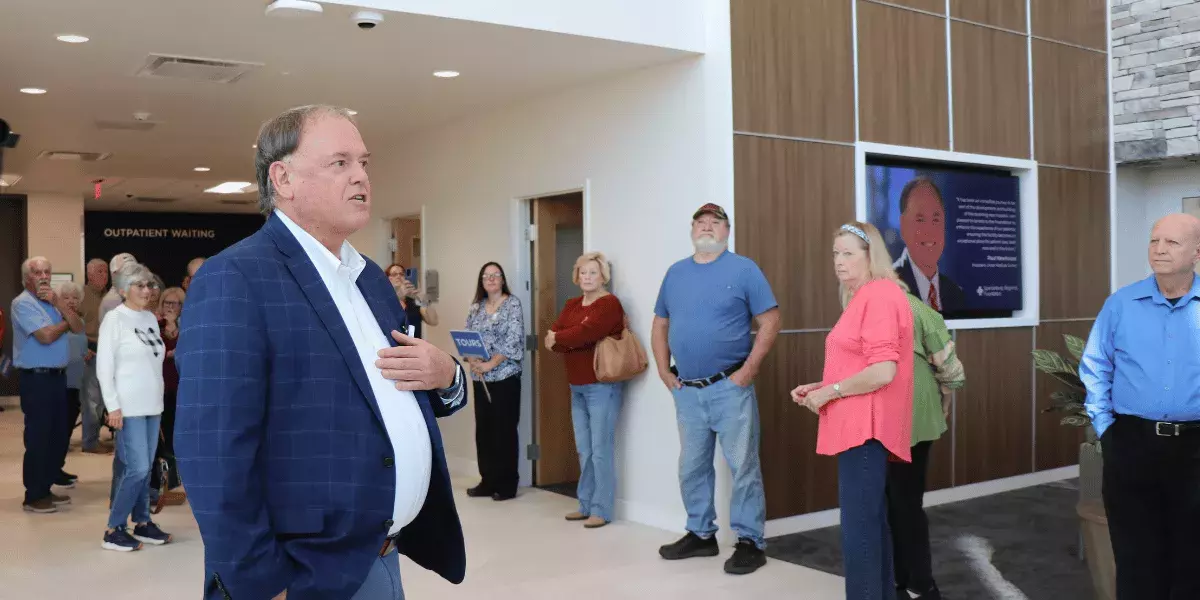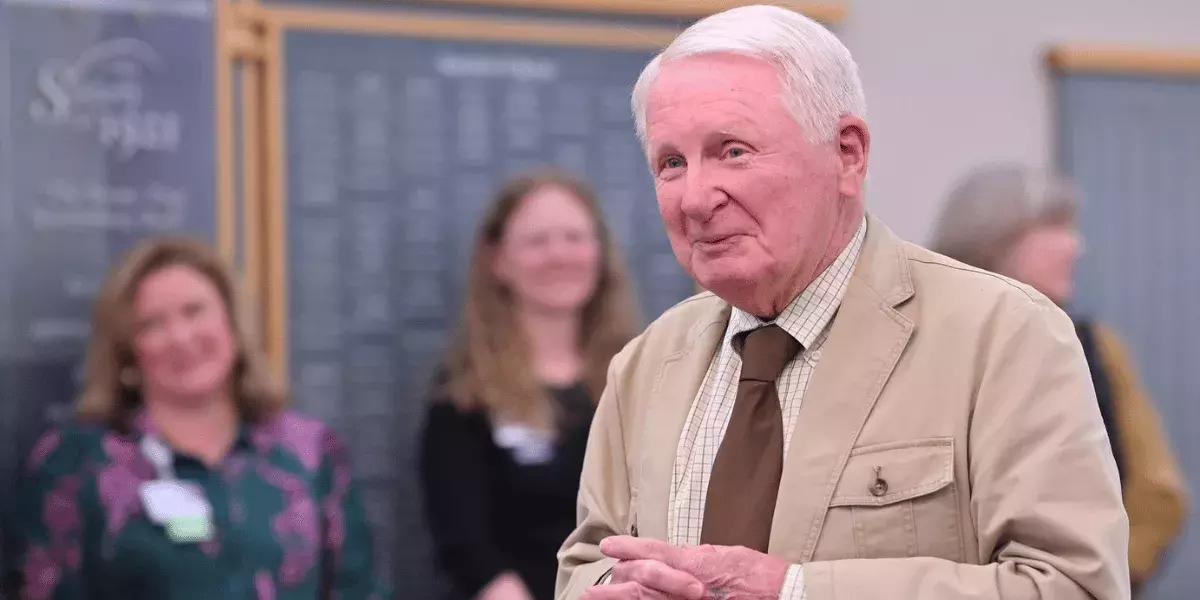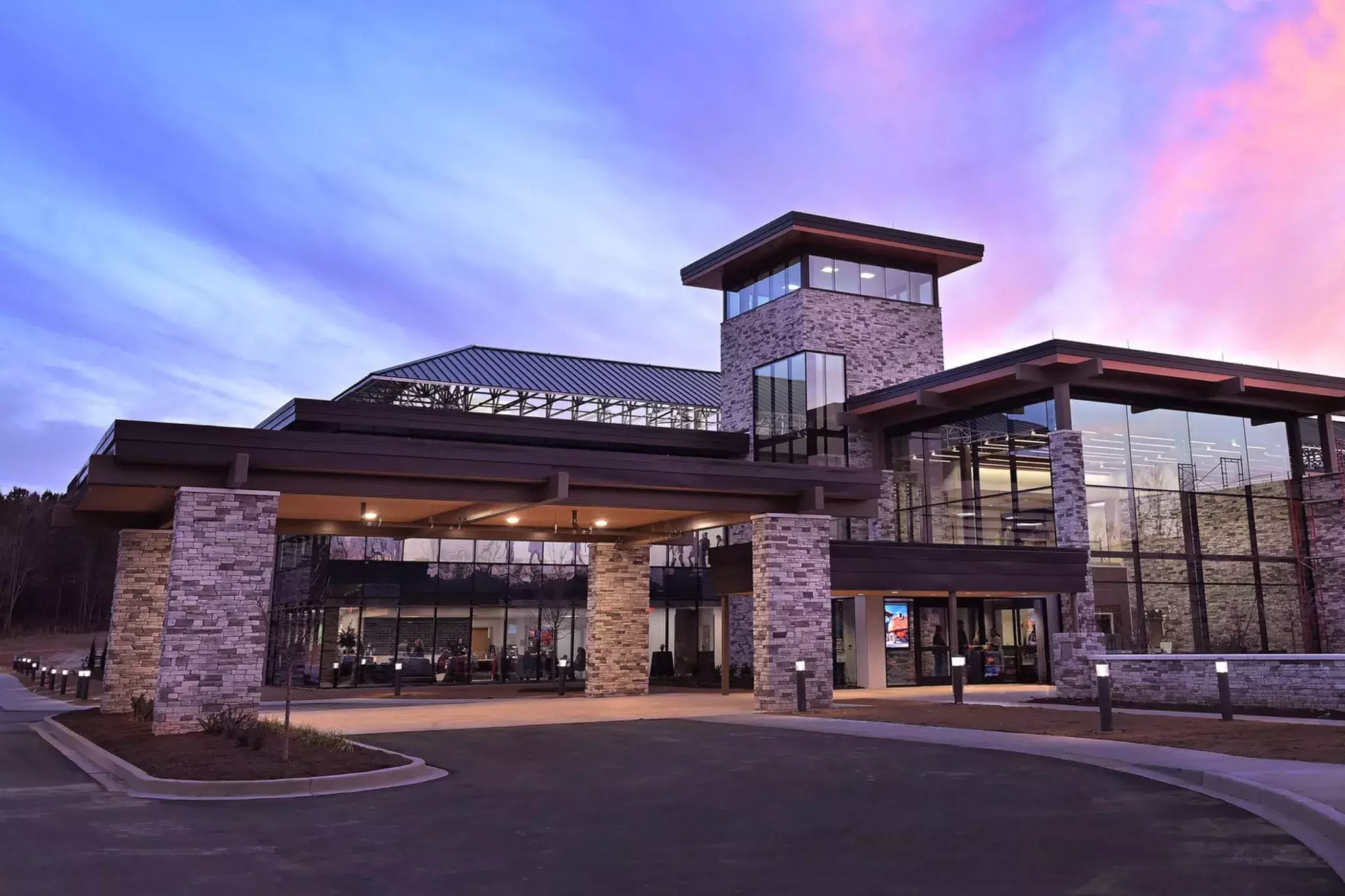
Paramedicine telehealth program reaching patients at home after heart failure
A new approach to caring for patients with limited access to transportation is improving the lives of those in the Upstate and alleviating the need for additional emergency room visits.
Spartanburg Regional Healthcare System is operating a three-year Duke Endowment-funded paramedicine telehealth program that deploys a fully equipped paramedic to the homes of heart patients after hospital visits.
The paramedic connects the patient with a nurse practitioner for a follow-up visit using virtual care within seven days of being discharged from the hospital, while also checking vital signs, administering medication and drawing blood for lab work – all in the comfort of the patient's home.
With the Mobile Integrated Healthcare–Community Paramedicine program, needs are being met for heart failure patients who traditionally have had barriers to transportation or need extra assistance after being in the hospital.
“The most significant issue is getting patients to follow up after discharge," said Dr. Yoganand Hiremath, the program's medical director. "It's tough to get patients into physicians' offices because everybody is so busy, and many patients have transportation issues or financial challenges that prevent them from coming to appointments."
By having a paramedic follow up with a patient in their home, the program has helped prevent re-admissions. Some home visits helped resolve issues with medications and symptoms that would have likely led to trips to the emergency room, said Jennifer Vigodsky, the nurse manager for the Heart Failure Clinic.
Statistically, one in four heart patients are re-admitted to the hospital within 30 days of being discharged.
Congestive heart failure patient Regina Hayes, 77, of Spartanburg, has been in and out of the hospital for years when symptoms like shortness of breath and swelling became too much to bear. Since joining the community paramedicine program, she has remained out of the hospital.
Her relationship with her paramedic has worked wonders, she said. The paramedic helps her organize her medications, talks through eating habits, facilitates virtual visits with a nurse practitioner and monitors vital signs. The program has left Hayes more motivated than ever to take all of the right health precautions to keep her heart failure from getting worse.
“She’s a godsend,” Hayes said of Kristle Butler, the community paramedicine paramedic. “Without them keeping a check on me, I might end up back in my old ways.”
Since the program launched in October 2022, Butler has cared for 46 patients and has conducted more than 225 patient visits.
Part of the Butler's visit involves using an interactive stethoscope that allows a nurse practitioner to hear a patient's heart and lungs during a telehealth visit.
"We are keeping people out of the hospital," she said. "I just love seeing the positive outcomes and the impact we are making by helping people and being kind to them and asking them what they need."












